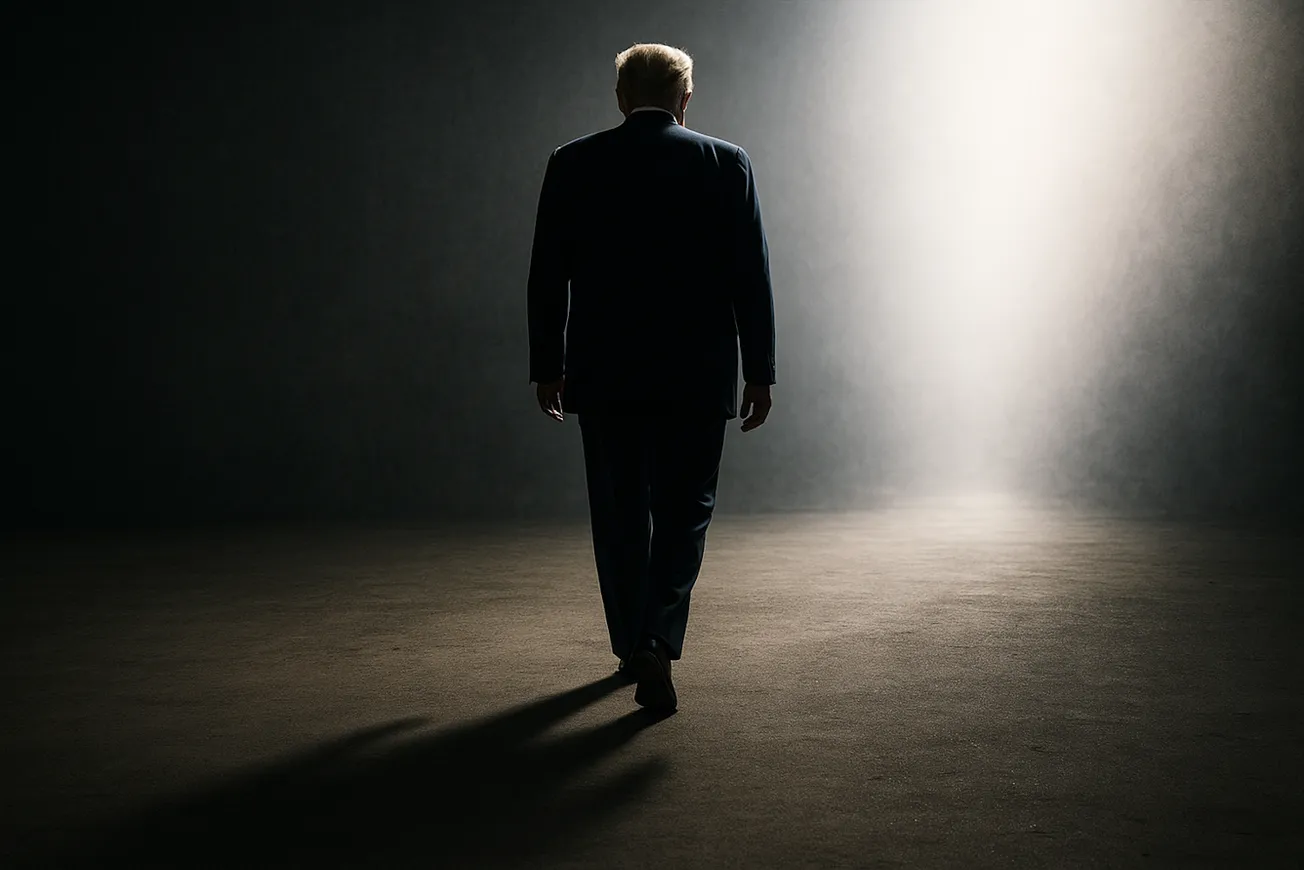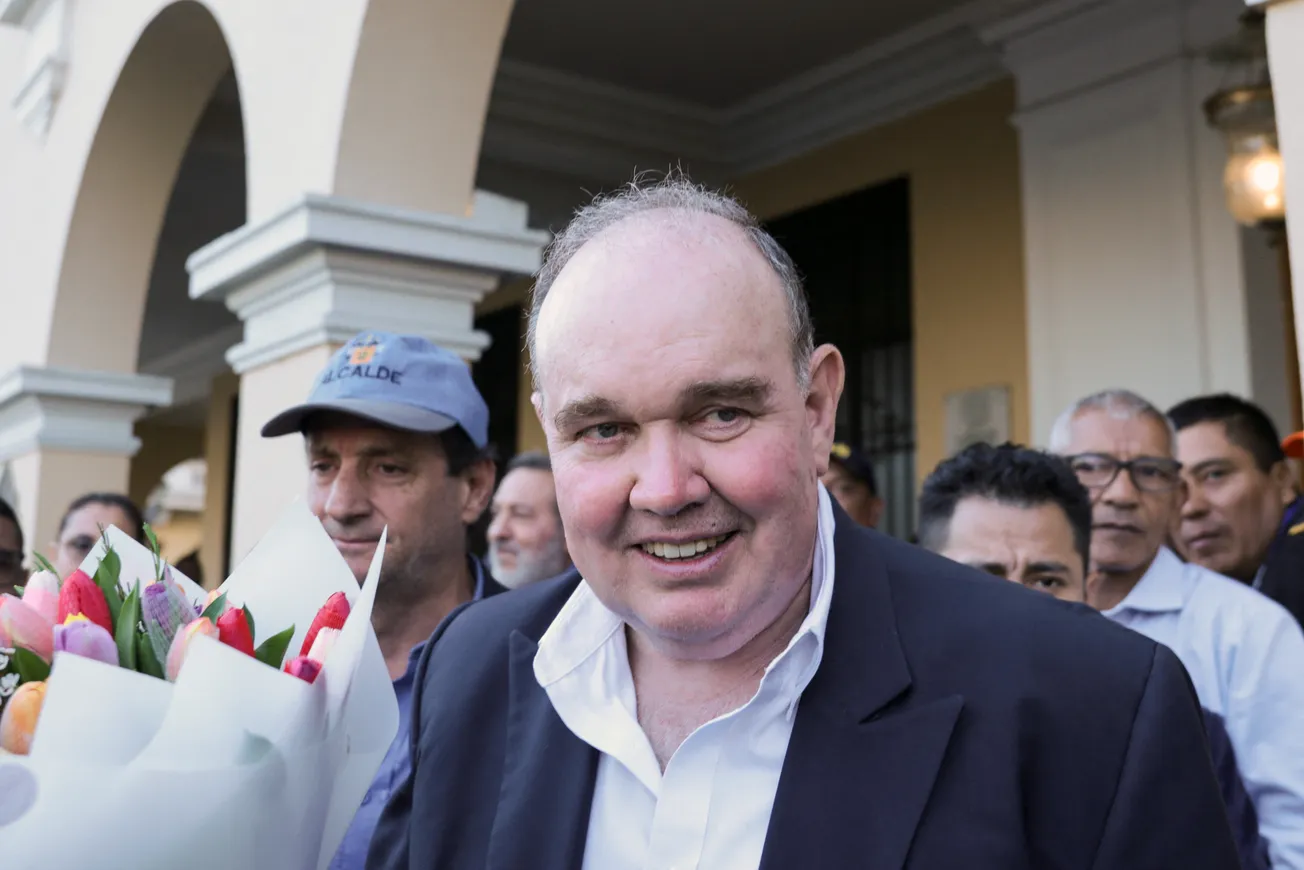By Peter van Buren, The Ron Paul Institute for Peace and Prosperity | December 19, 2024
The leaders of President-elect Trump’s new Department of Government Efficiency (DOGE), Elon Musk and Vivek Ramaswamy, have been meeting with Republican lawmakers recently. None of those involved shared details from their meetings, which was by design to allow for brainstorming. House Speaker Mike Johnson (R-LA) did say “Government is too big. It does too many things, and it does almost nothing well,” adding Musk and Ramaswamy would help usher in change. But how will Elon and Vivek actually seek change? What are their tools to bring to bear?
In an op-ed laying out their strategy, the duo said they would link administrative reductions, regulatory rescissions, and cost savings.
Cutting back on the sheer numbers of government employees is a fine starting point for Elon and Vivek. Using the controversial Schedule F, they hope to do away with the unofficial lifetime employment most Civil Servants enjoy. Civil service rules make firing for cause extremely difficult, and grind broader layoffs to a crawl if not a full stop. If Schedule F could be implemented early in Trump 2.0 (the plan was started in Trump 1.0 but failed to get any traction) it would be a decisive tool in clearing out civil service deadwood. They will not go easily, and the terms are tough; Vivek has vowed to cut 75 percent of the federal workforce. “This will send shockwaves through the system, and anyone involved in government waste, which is a lot of people,” Elon added.
Another strategy for lowering government headcount is attrition. Trump could impose a government-wide hiring freeze, as he did when he took office in 2017, though many feel this may be too blunt an instrument. Musk and Ramaswamy suggest the Trump administration lean instead on separation incentives to get federal workers to retire early or accept buyouts. Elon and Vivek also plan to relocate some agencies out of D.C. and to offer generous severance packages to drive workers into retiring instead of moving.
An attrition move which has widespread Republican support in Congress is to end or curtail telework, back to at least pre-Covid levels. Ramaswamy predicted requiring more federal workers to go into their offices more frequently would cause many of them to quit. “If you require most of those federal bureaucrats to just say, like normal working Americans, you come to work five days a week, a lot of them won’t want to do that,” Ramaswamy said. “If you have many voluntary reductions in force of the workforce in the federal government along the way, great. That’s a good side effect of those policies as well.” How many Feds telework is itself the subject of much discussion; Speaker Johnson puts the figure at 99 percent of regular office workers, while the Office of Management and Budget claims 80 percent of the federal work hours are currently spent in-person and more than half of federal employees do not telework at all.
As for regulatory rescissions, the federal bureaucracy generates thousands of regulations and rules each year, another target for Elon and Vivek. Rep. Aaron Bean (R-FL) who will co-chair the House DOGE Caucus, quoted Musk as suggesting the United States is “no longer a democracy, it’s a bureaucracy” and his commission would work to ensure Congress, not “unelected bureaucrats,” dictate regulation. Changing things will not be easy. Agencies generally must go through notice-and-comment rulemaking to amend or revoke rules, though Musk and Ramaswamy suggest Trump may be able to revoke some rules unilaterally via executive order. Musk and Ramaswamy also believe Trump could direct agencies not to enforce some cumbersome regulations or those he believes are unlawful in light of recent Supreme Court precedent. The duo says “we will focus particularly on driving change through executive action based on existing legislation rather than by passing new laws.” “He might get away with it,” said William Galston, a senior fellow at the Brookings Institution. “Congress’ power of the purse will turn into an advisory opinion.”
One obstacle the duo cannot overcome is the math of the federal budget. Roughly 60 percent of the budget is mandatory spending — things like Medicare, Medicaid, and Social Security. Trump promised to protect those programs. Another 10 percent of the budget is spent on paying interest on the national debt. That leaves around 30 percent of the budget “discretionary,” though roughly half of that goes to defense spending, which Trump also vowed not to cut. That remaining 15 percent of the budget, non-defense discretionary spending, is already at its lowest level ever as a percentage of GDP.
That said, Musk and Ramaswamy identified a number of potential reductions. These include several specific appropriations or federal grants they consider to be wasteful, such as for NGOs, DEI training, PBS, NPR, Planned Parenthood, and $1.5 billion in grants to international organizations. Musk previously advocated removing subsidies from all industries. Ramaswamy said DOGE will closely review CHIPS Act contracts, especially those the Biden administration accelerated.
More generally, law firm Gibson Dunn notes Musk and Ramaswamy have said Trump may decline to spend appropriations for which Congress’s authorizations have expired (called impoundment, confounded by the 1974 Impoundment Control Act.) The Congressional Budget Office has identified $516 billion in appropriations for 2024 associated with 491 expired authorizations of appropriations across a range of agencies, including a number of appropriations administered by the Department of Veterans Affairs, State Department, Department of Education, National Institutes of Health, Federal Aviation Administration, and NASA. Withholding such funds is subject to legal challenge. It would be politically unpopular to cut a number of these programs, such as veterans’ healthcare benefits and Pell Grants.
Musk and Ramaswamy will also scrutinize federal contracts that have “gone unexamined for years,” and conduct “large-scale audits during a temporary suspension of payments.” Ramaswamy said to expect “massive cuts among federal contractors… who are overbilling the government.” Everyone has a list. Sources of potential cuts could also be the Government Accountability Office High Risk List, which identifies programs particularly subject to waste, fraud, and abuse, and a list of thousands of proposed cuts Senator Rand Paul (R-KY) sent to Musk and Ramaswamy.
Reprinted with permission from WeMeantWell.com.
Peter Van Buren spent a year in Iraq as a State Department Foreign Service Officer serving as Team Leader for two Provincial Reconstruction Teams (PRTs).
Original article link









